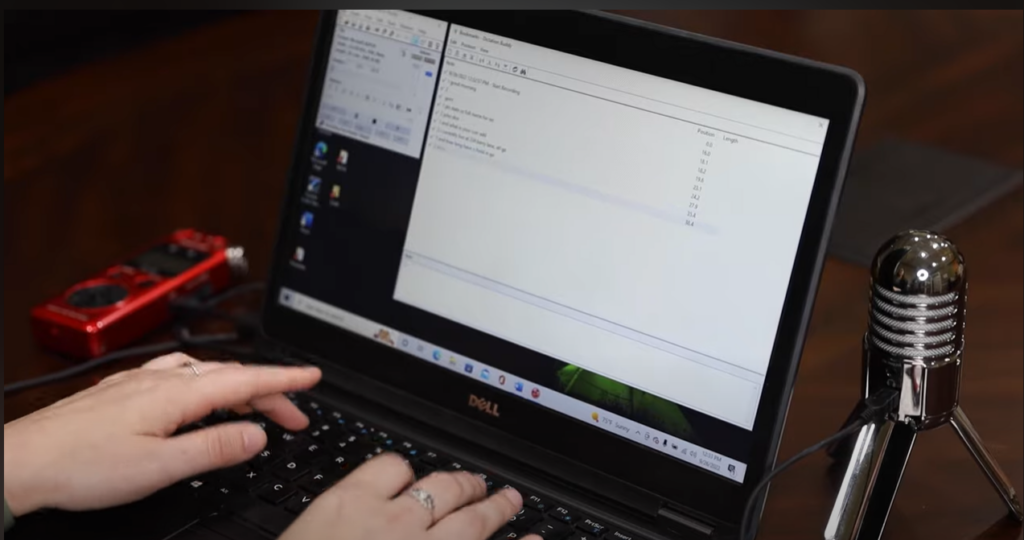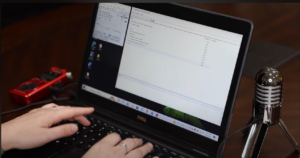There are several types — methods — of court reporting. Which type you need depends on several factors. Probably the two key factors are the nature of the proceeding involved and the use to which the transcript/video will be put. For example, you may need a court reporter for a judicial hearing. Under such circumstances, a video recording may be prohibited by local rules and/or the court’s preferences and may be unwieldy in practice. As another example, you may need to have a real-time transcript that can be quickly “read back” during the proceedings. Under those circumstances, you need a court reporting method that creates an ongoing live transcript. Not all methods of court reporting are designed to produce an ongoing live transcript.
Other factors that impact the decision about which type of court reporting is best include:
- The ease of retrieval
- Ease of use for the lawyers involved
- Ease of presentation to judges, arbitrators, jurors, and others
- Court rules and rules of other types of proceedings
- Need for a written transcript and when is the written transcript needed
- Planned storage method
- Expected length of storage
- Cost
- Client preferences
- And other factors
Often, more than one type of transcript is desired, and those choices have to be made in advance. For example, if you think you will need a video transcript, that decision must be made in advance since a written transcript cannot be converted into a video transcript. If there is a need for a visual presentation of a written transcript, then persons must be chosen to read the transcript, and this has obvious disadvantages. By contrast, a video can be translated into a written transcript.
In terms of output, written and visual are the two options. However, as noted, there are several options with respect to how the testimony/proceedings are recorded. These include:
- Video recording — with various types of video recording devices; typically, a written transcript is generated after the fact from the recording; generally automatically created when virtual or remote testimony or proceedings are involved
- Stenography — the most common method of court reporting, the best process for creating an ongoing live transcript that can be “read back” if needed during the proceedings; the process involves a court reporter using a steno machine to record the proceedings in real-time; the steno keystrokes can be read by the stenographer; later, keystrokes can be converted into text transcript often with the use of a computer; generally, a voice recording device is also used for quality control and accuracy
- Voice recording — has become somewhat uncommon; no steno machine is used; the voice recording is converted to readable text after-the-fact; various types of audio recording equipment are used
- Computer voice writing — use of computer speech recognition software to convert audio into text in real-time
Contact Elizabeth Gallo Court Reporting Today
For more information, call the experienced court reporters at Elizabeth Gallo Court Reporting. We follow the best practices in order to provide excellent litigation support to our customers. Contact us today to learn about our services and how we can help you.







